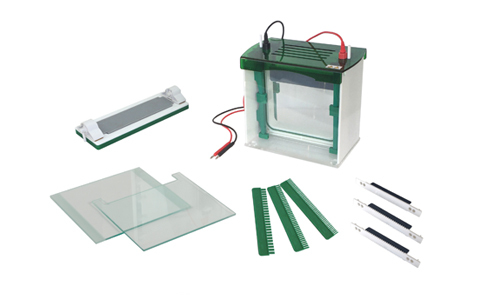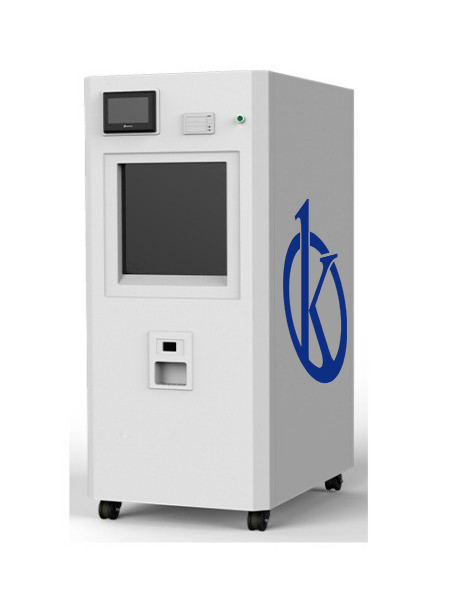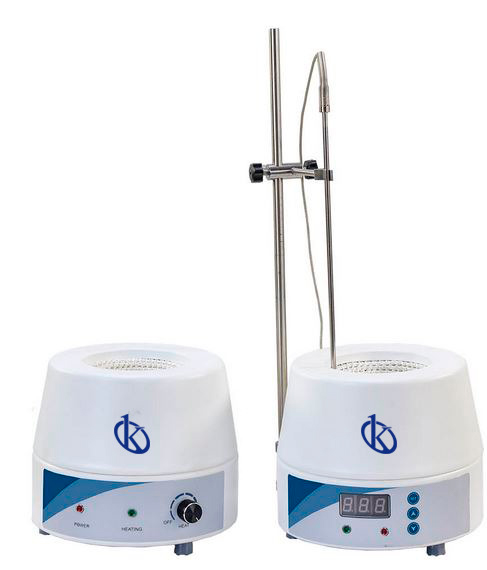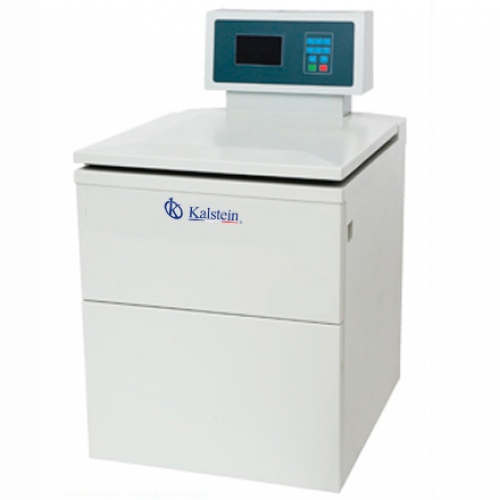Electrophoresis is a laboratory technique used to differentiate and classify molecules based on their distinct movement capabilities within an electric field. In the realm of serological testing, it takes on a primary relevance and has become an indispensable ally for medical professionals and scientists.
Here, electrophoresis is used to segment different components of a biological sample, such as blood serum proteins, thus allowing the accurate diagnosis of certain infectious, genetic, and autoimmune diseases.
How does Electrophoresis work?
The electrophoresis procedure is based on the charge and size of the molecules. An electric field is applied to a matrix (typically of agarose or polyacrylamide) containing the sample. The charged molecules will move through the matrix at varying speeds depending on their size and electric charge. Thus, smaller particles with less charge will move faster, facilitating their distinction.
Essentially, this process divides a complex sample into simpler components that can be examined with greater precision.
The Relevance of Electrophoresis in Serological Testing
Electrophoresis plays a vital role in serological testing, contributing to the detection and diagnosis of diseases. For example, in the serological test for hepatitis B, different types of electrophoresis are used to separate blood serum proteins. This helps to identify the presence of hepatitis B virus in the blood.
Additionally, electrophoresis can provide valuable information about alterations in protein levels in the body. It can, for example, detect high levels of immunoglobulins that may indicate an infection or an autoimmune disease. Therefore, it is an invaluable tool for medicine and research professionals seeking accurate and reliable answers.
Innovations in Electrophoresis
As science and technology advance, so does electrophoresis. Recent developments in laboratory equipment have improved the sensitivity and efficiency of electrophoresis.
New, high-capacity, automated electrophoresis machines, for example, can process a large number of samples at the same time. Also, systems using capillary electrophoresis, a more advanced technique, provide an even more effective separation of complex samples. These innovations are optimizing the precision of serological testing, enabling more accurate diagnoses and more personalized treatments.
From its role in identifying various diseases to optimizing serological testing, electrophoresis has firmly established itself as a key technique in today’s laboratories. With current advances in technology and lab equipment, electrophoresis is expected to continue improving, offering increasingly precise and valuable data in the ongoing fight against diseases and health disorders.
If you wish to see the high-end product catalog that we have at KALSTEIN, visit us at https://kalstein.co.uk/category-product/laboratory-line/electrophoresis-laboratory-line/ In addition, we assure you that through our online PURCHASE channels, which are very easy and feasible, you’ll find the best PRICES in the market, reminding you that we are a MANUFACTURER of high-end Laboratory Equipment for SALE. https://kalstein.co.uk/




